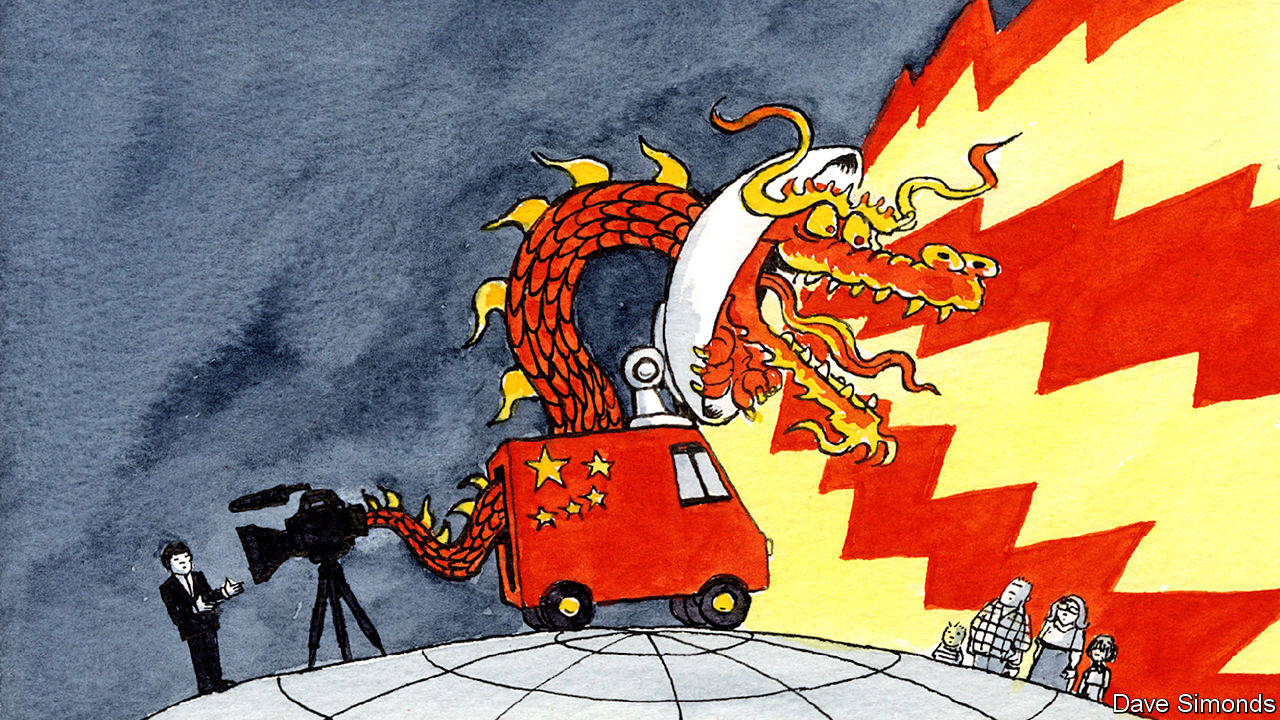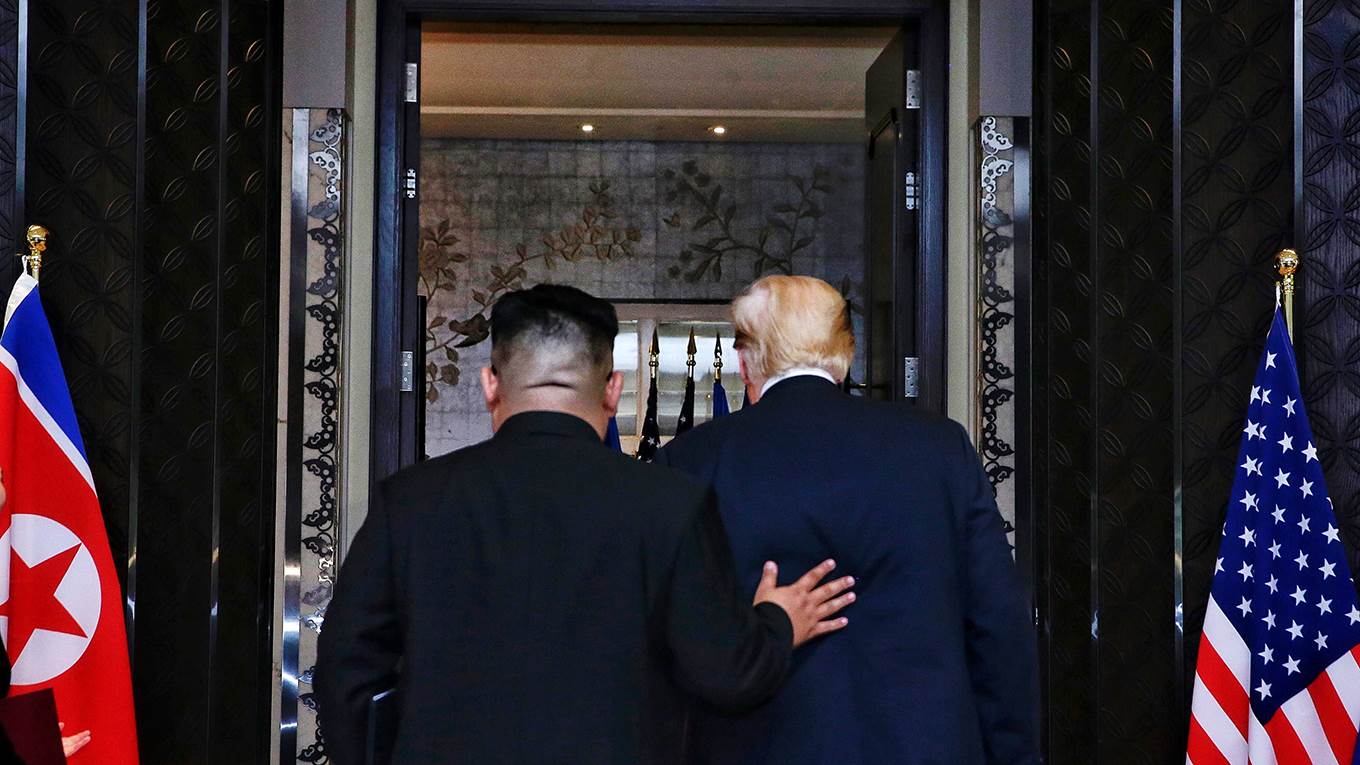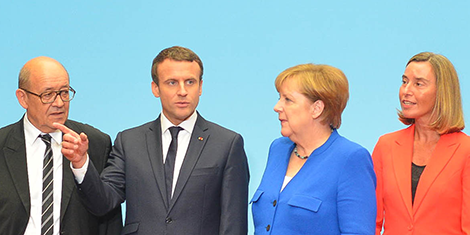by Harbir Singh
 In these uncertain times, China has a reason to reconsider its relationship with India and its policy of keeping up a hostile, damaging posture. It may be time for China to start looking for cooperation and mutual benefit everywhere it can, while it tries to find a sure footing to grapple with the American sumo. China’s economic growth and its rise as an industrial powerhouse have been nothing short of staggering. What is vital to note is that China became a powerful rival to the United States (US) without bothering with democracy, human rights, freedom of speech, intellectual property rights, or political dissent. When China opened itself for business, arranging labour, infrastructure, subsidies, and policies to make Chinese labour a hugely scalable export commodity, American companies got busy thumping the Bibles of free trade and globalisation, shipping off their manufacturing to China and raking in bonuses for chief executive officers (CEOs) and the profits for Wall Street. The American government got busy borrowing money from China to finance American spending on everything from Chinese-made consumer electronics to its wars without end.
In these uncertain times, China has a reason to reconsider its relationship with India and its policy of keeping up a hostile, damaging posture. It may be time for China to start looking for cooperation and mutual benefit everywhere it can, while it tries to find a sure footing to grapple with the American sumo. China’s economic growth and its rise as an industrial powerhouse have been nothing short of staggering. What is vital to note is that China became a powerful rival to the United States (US) without bothering with democracy, human rights, freedom of speech, intellectual property rights, or political dissent. When China opened itself for business, arranging labour, infrastructure, subsidies, and policies to make Chinese labour a hugely scalable export commodity, American companies got busy thumping the Bibles of free trade and globalisation, shipping off their manufacturing to China and raking in bonuses for chief executive officers (CEOs) and the profits for Wall Street. The American government got busy borrowing money from China to finance American spending on everything from Chinese-made consumer electronics to its wars without end.








